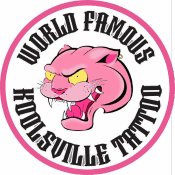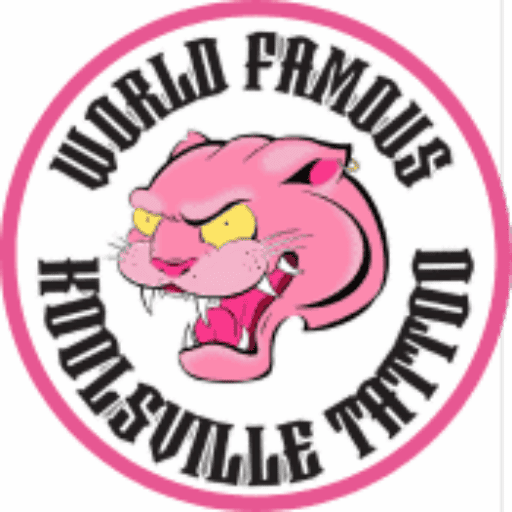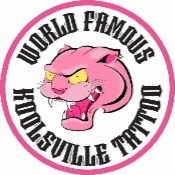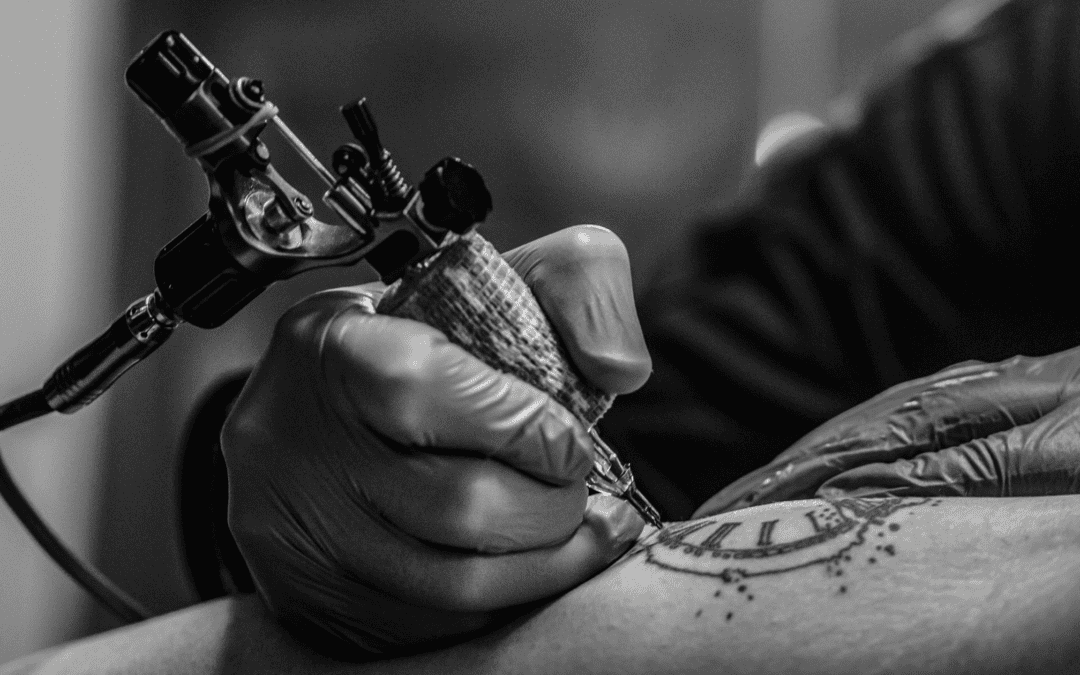Tribal tattoos are among the oldest forms of body art, dating back thousands of years. Various indigenous groups worldwide deeply root them in their cultures and traditions, with each carrying unique meanings and symbols. For many, tribal tattoos are a form of self-expression and a way to connect with their ancestry and cultural heritage.
The Cultural Significance of Tribal Tattoos
Tribal tattoos often represent a person’s identity, including their social status, spiritual beliefs, and connection to their community. These tattoos can symbolize rites of passage, achievements, protection, or belonging. Each culture has its distinct style and symbolism, making tribal tattoos a diverse and fascinating subject.
Polynesian Tattoos

Polynesian tattoos are some of the most recognized forms of tribal tattoos. These designs are known for their intricate patterns and strong symbolic meanings:
- Tiki: Represents protection and is often associated with deities or ancestors.
- Shark Teeth: Symbolize strength, protection, and adaptability.
- Ocean Waves: Represent life, change, and the connection between the earthly and spiritual realms.
- Spearheads: Signify courage, strength, and warrior spirit.
Polynesian tattoos often strategically enhance their meaning by placing them on different areas of the body, with each area representing different aspects of life and personality.
Maori Tattoos (Ta Moko)

The Maori people of New Zealand have a long tradition of tattooing known as “Ta Moko.” These tattoos are deeply personal and convey the wearer’s lineage, social status, and achievements:
- Koru: A spiral shape that symbolizes new beginnings, growth, and harmony.
- Manaia: A mythical creature that acts as a guardian against evil.
- Puhoro: Represents speed, agility, and strength, often worn by warriors.
The Maori typically apply Ta Moko tattoos to the face because they believe that the head is the most sacred part of the body.The designs are unique to the individual and tell their personal and family history.
Native American Tribal Tattoos
Native American tattoos are rich in symbolism and often depict elements of nature, animals, and spiritual beliefs:
- Feathers: Represent freedom, courage, and connection to the spiritual world.
- Bear Claws: Symbolize strength, protection, and leadership.
- Dreamcatchers: Offer protection from negative energies and bad dreams.
These tattoos express personal beliefs, connect to the spiritual world, and honor the natural elements.
African Tribal Tattoos
In many African cultures, tribal tattoos are used as a form of identification and a rite of passage. The designs can vary greatly between tribes:
- Scarification Patterns: Often used to signify social status, tribal affiliation, or marks of beauty.
- Geometric Patterns: Represent unity, continuity, and the interconnectedness of life.
- Animal Motifs: Symbolize qualities such as bravery, wisdom, or fertility.
African tribes apply their tattoos through scarification or cutting rather than ink, making them a more permanent and deeply personal form of body art.
The Revival and Modern Interpretation of Tribal Tattoos
Recently, there has been a resurgence of interest in tribal tattoos, both as a way to reconnect with cultural heritage and as a form of modern artistic expression. Many individuals choose tribal tattoos to honor their ancestry, while others are attracted to the aesthetic and symbolic power of these designs.
Tribal tattoos are much more than decorative body art; they profoundly express cultural identity, spirituality, and personal history. These marks can deepen your appreciation for the art and its connection to human history, whether you are drawn to the intricate patterns of Polynesian tattoos, the symbolic power of Maori Ta Moko, or the ancestral significance of Native American and African designs.




